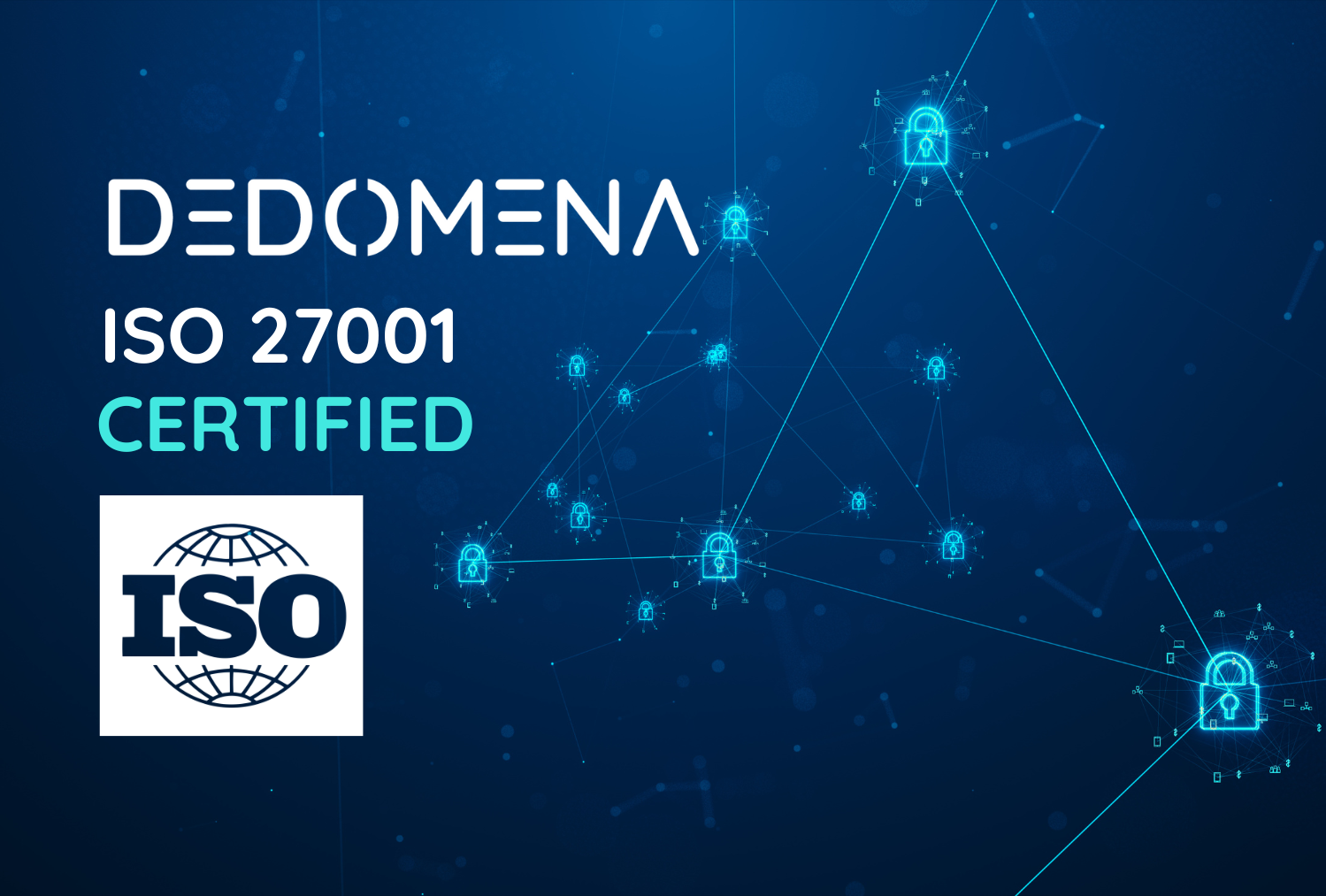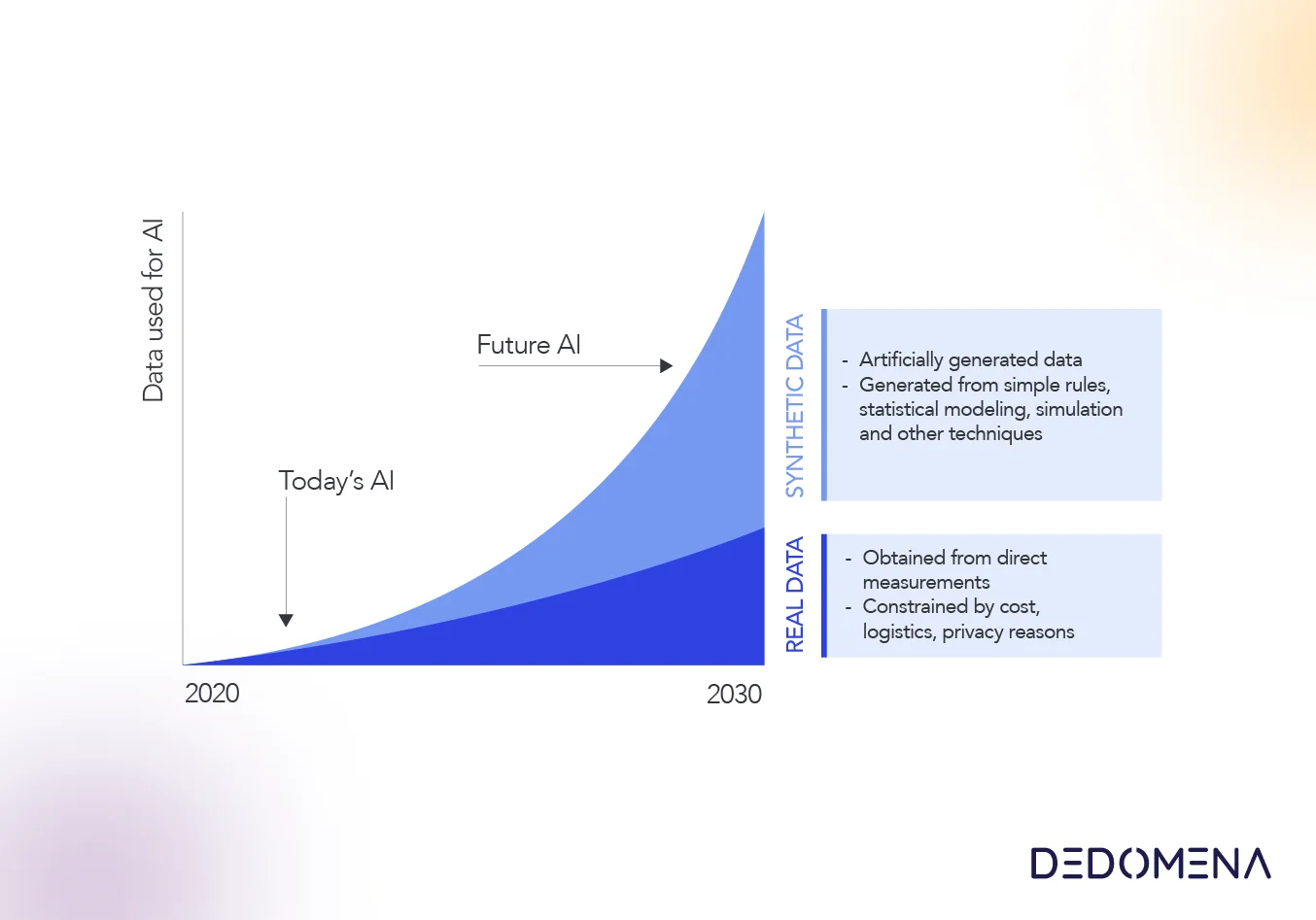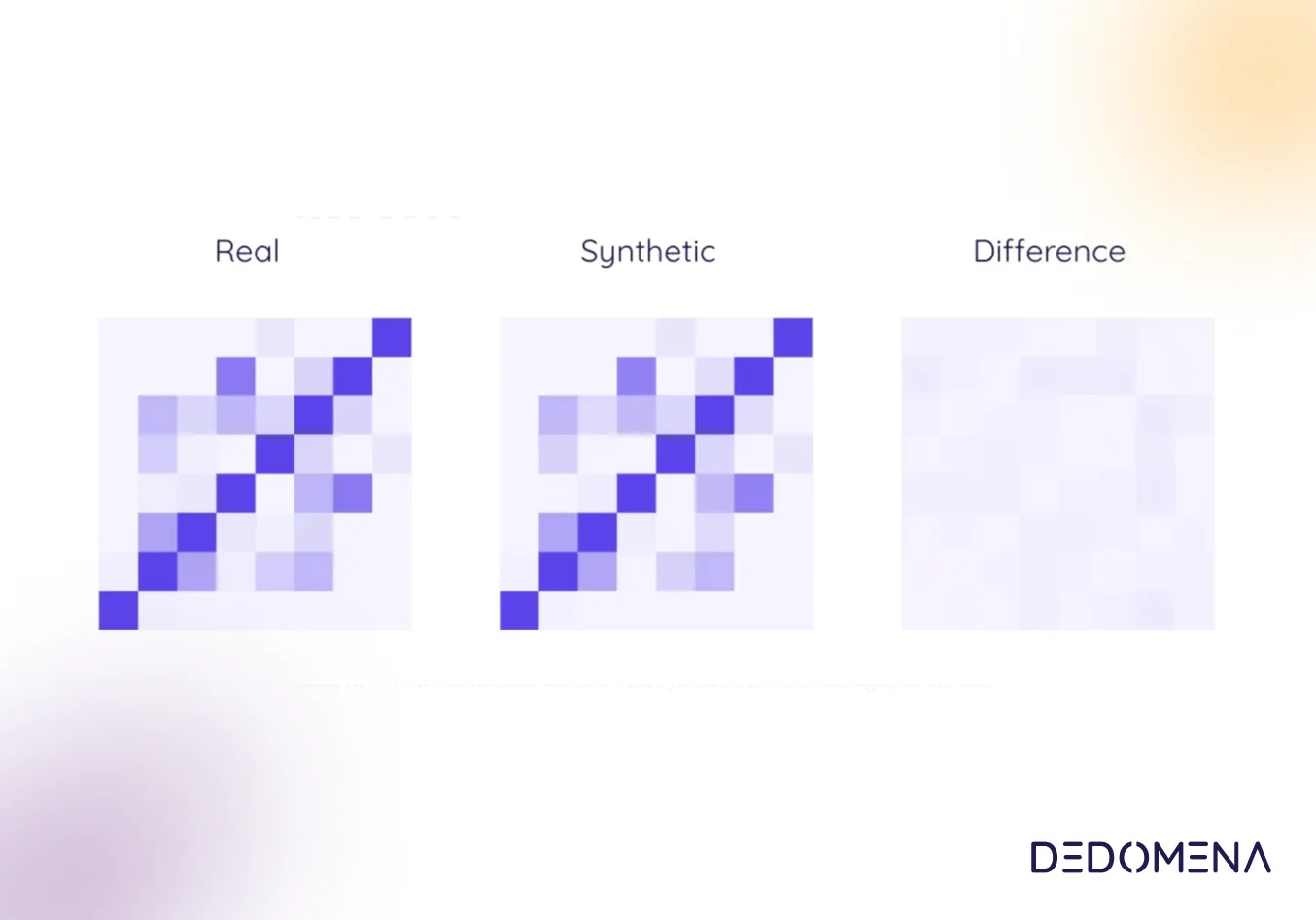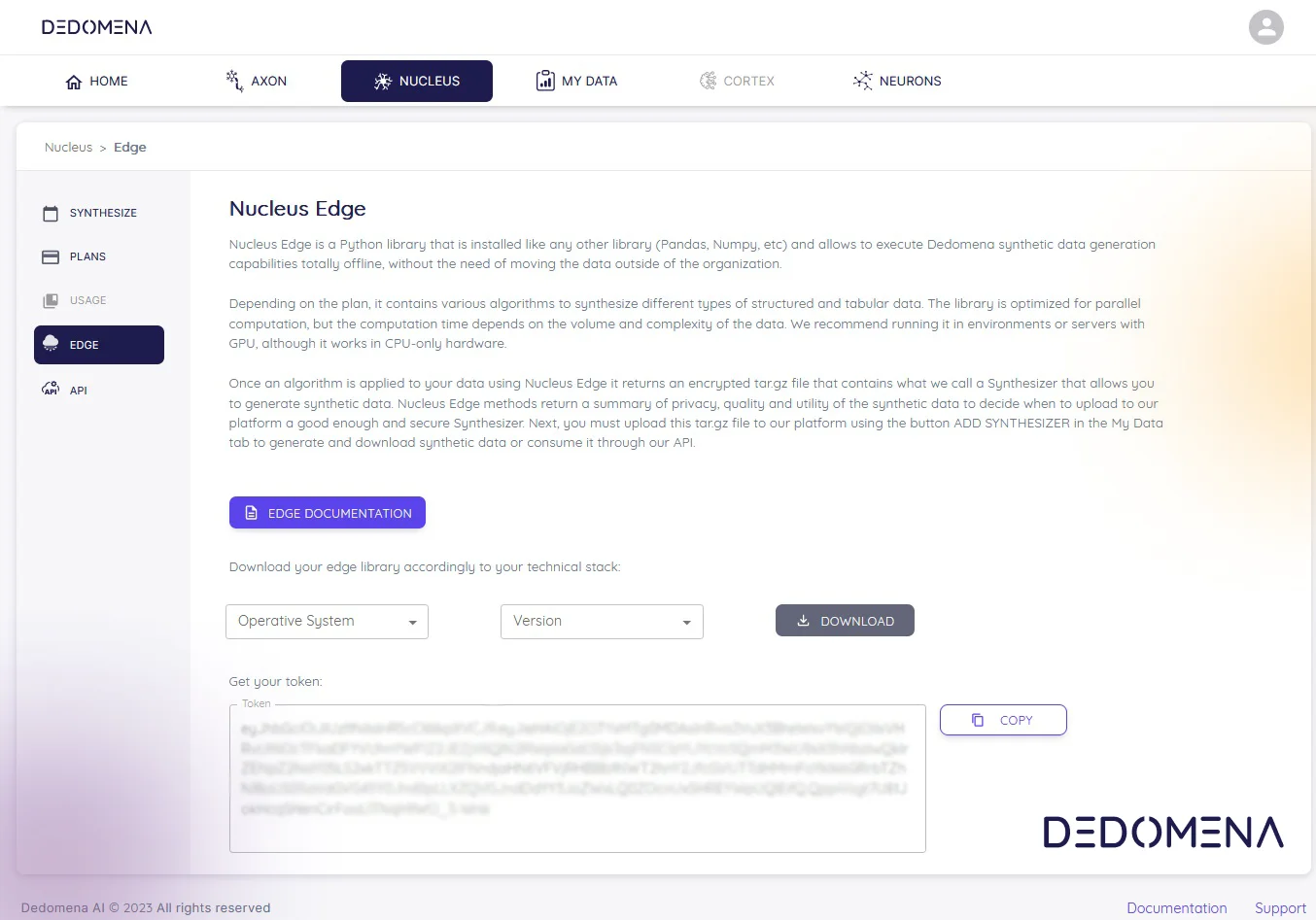In an era where AI systems drive critical decisions across industries, from banking to healthcare and public administration, validating these models is no longer optional. It is essential to prove that an AI system performs reliably, fairly, and in compliance with regulations. However, accessing real data for this purpose often clashes with privacy requirements and security concerns.
This is where synthetic data becomes a strategic enabler.
By mimicking the statistical properties of real datasets—without reproducing any real records, synthetic data allows organizations to validate AI systems safely and effectively, in a way that respects privacy and meets compliance standards.
Audit AI models without reintroducing privacy risks
Traditional validation workflows often require teams to test AI models on large volumes of operational or historical data, data that is typically sensitive and protected. Sharing or reusing this data creates serious risks and often violates internal and external compliance rules.
Synthetic data offers a compliant alternative. It allows organizations to generate realistic datasets that reflect the complexity of their original data, enabling:
-
• Robust performance testing in representative scenarios
-
• Assessment of model behavior across different data patterns
-
• Risk-free audits without exposing sensitive information
With synthetic data, organizations gain visibility into how their models behave under real-world conditions, without compromising user privacy.
Validate fairness and performance in a compliant environment
Emerging regulations like the EU AI Act are setting clear expectations: AI systems must be fair, accountable, and auditable. Yet testing for fairness often requires sensitive attributes like age, gender, or location, data that is not always accessible or legally shareable.
Synthetic data enables responsible fairness validation. By replicating the statistical relationships within real datasets, synthetic data makes it possible to:
-
• Detect biases across protected groups
-
• Test model responses across edge cases or underrepresented segments
-
• Conduct evaluations in sandboxed, privacy-safe environments
This means organizations can uphold both ethical standards and legal obligations, using datasets that are accurate in utility but free from personal information.
Share results securely with external stakeholders
Whether for audits, partnerships, or compliance reporting, organizations often need to share AI-related results externally. However, disclosing raw datasets, no matter how insightful, poses serious risks.
Synthetic data resolves this dilemma by enabling safe data sharing. Synthetic datasets retain analytical value while removing identifiable elements, making them ideal for:
-
• Collaborative development with vendors or partners
-
• Regulator engagement and impact reporting
-
• Internal governance across departments and jurisdictions
This facilitates transparent and compliant collaboration, without exposing confidential data.
At Dedomena.AI, we provide advanced synthetic data solutions designed for enterprise-grade use cases. Our platform empowers organizations to:
-
• Convert sensitive datasets into privacy-safe synthetic versions
-
• Run full model validation pipelines on synthetic data
-
• Meet compliance requirements while maintaining operational speed
Synthetic data is not a shortcut: it’s a safeguard. It bridges the gap between innovation and compliance, making it possible to validate, test, and share AI systems in a responsible and secure manner.
For enterprises building high-impact AI, the ability to validate safely is what ensures trust at every level, from regulators to end users.

















































